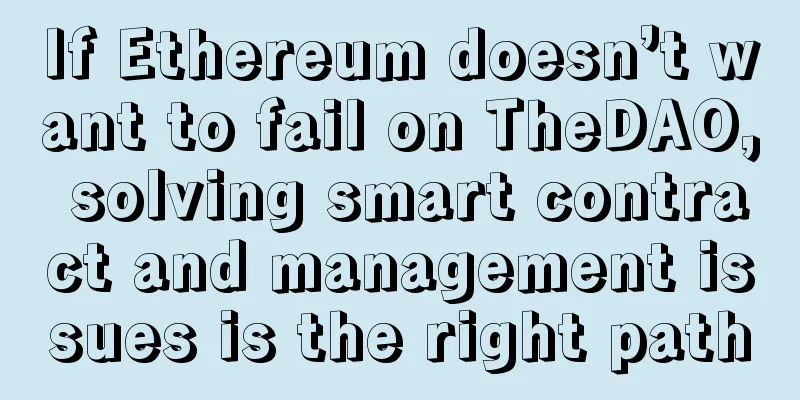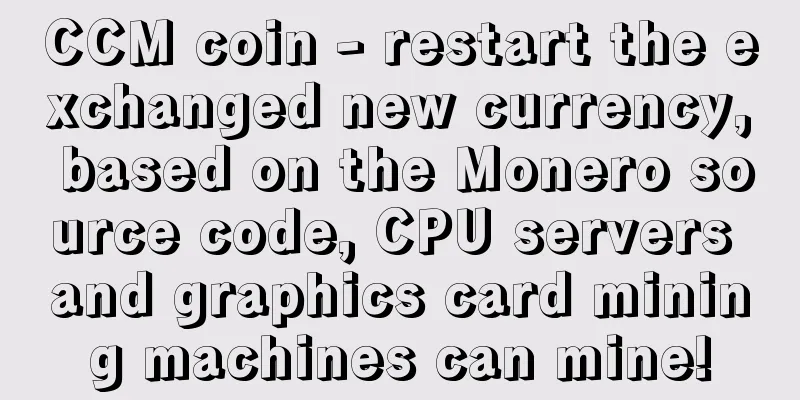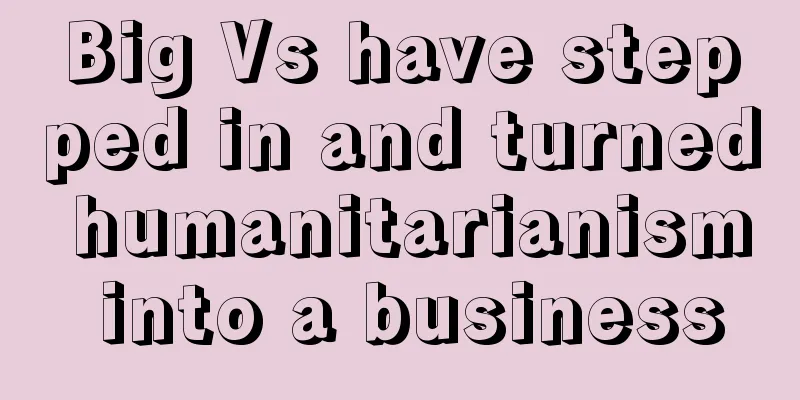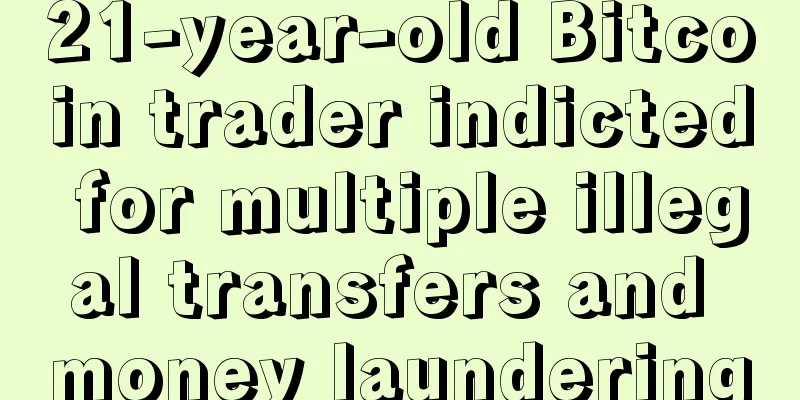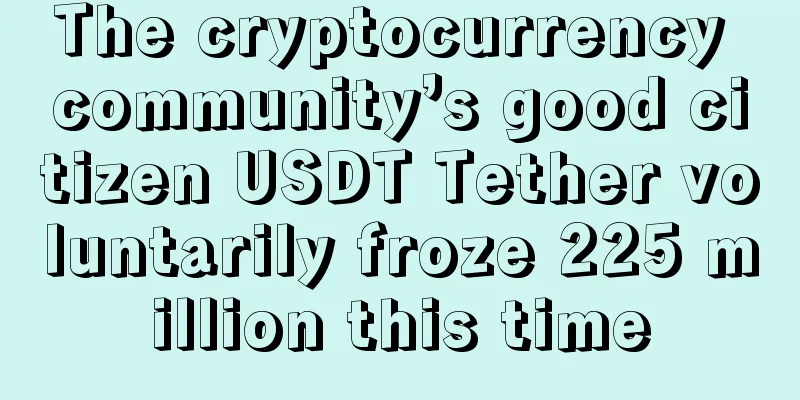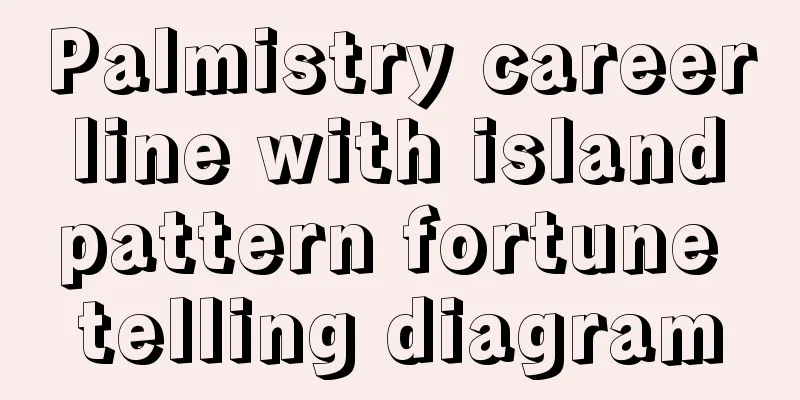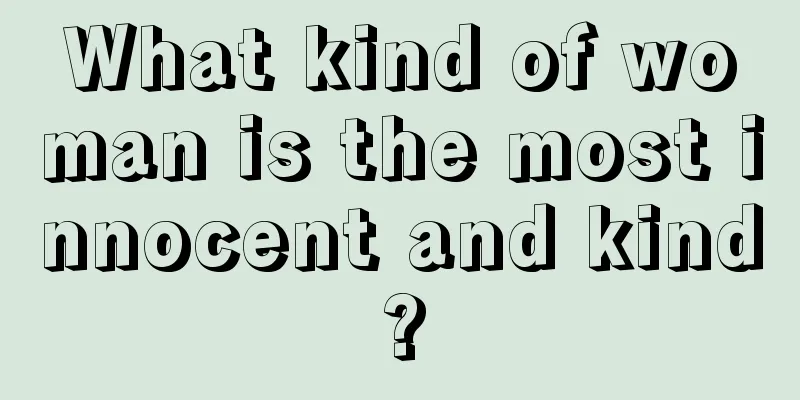Financial Times: Blockchain can make jobs disappear, but it can also create new jobs
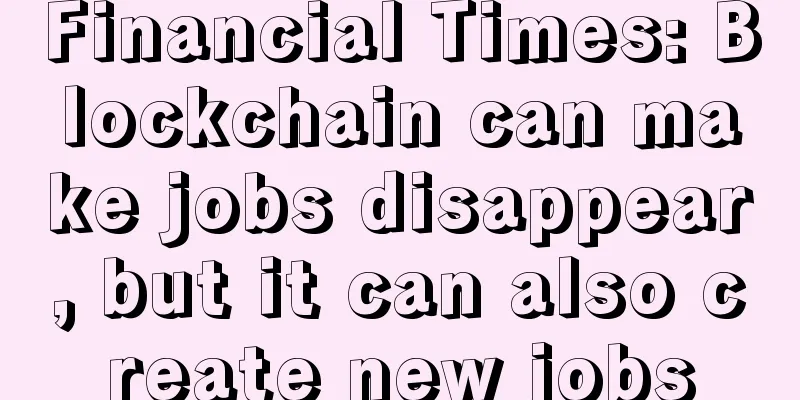
|
Baozou Comment : The potential of blockchain technology has attracted widespread attention from financial institutions such as banks, clearing houses and exchanges, because blockchain can improve security, increase efficiency and reduce costs. The peer-to-peer transaction verification model of blockchain has an important impact on financial services work. Jobs affected by blockchain include those related to transaction processing and verification and document verification, which may no longer require human operation. However, blockchain will not decentralize the content on the ledger, so manual verification of the authenticity of the content is still required, which creates new jobs. Translation: Nicole Some people believe that the Internet is the biggest change in technology, while others claim that blockchain can surpass the Internet. But those who once supported the Internet are asking how the underlying blockchain technology of digital currencies (including Bitcoin) will affect jobs, especially in the financial field. Banks, clearing houses and exchanges are also already paying attention to the potential of blockchain. Blockchain technology can continuously maintain and verify digital records in "blocks", which can be shared among all parties. This technology is also called "distributed ledger technology", which means that all ledger data information can be updated instantly, and the information on the blockchain can never be erased. Amy Webb Amy Webb, founder of the Future Today Institute, a US forecasting and strategy firm, said:
Blockchain can handle most transactions controlled by humans. Webb said:
Blockchain can make the entire process simpler and more secure, without the need for real estate middlemen. Most of the applications are in the experimental stage, said Leda Glyptis, director of Sapient Global Markets:
However, banks, insurance companies and other financial institutions are interested in blockchain because it can improve security, increase efficiency and reduce costs. Last month, the world's four largest banks, UBS, Deutsche Bank, Santander and Bank of New York Mellon, and the British ICAP Group formed a team to jointly develop industry standards for blockchain clearing and settlement of financial transactions. In June, Allianz Risk Transfer, a unit of German insurer Allianz Group, and specialist investment manager Nephila Capital said they had piloted using blockchain to process trade settlements in bonds and financial swaps (financial instruments that transfer risk from insurers to investors or other insurers). Earlier in 2016, the Australian Stock Exchange said it would work with U.S.-based Digital Currency Holdings to create a blockchain-based clearing and settlement system for trades in the Australian stock market. David Yermack David Yermack, professor of finance and business reform at New York University’s School of Business, said:
Blockchain’s peer-to-peer transaction verification model has important implications for financial services, he said:
Jobs that could be affected by blockchain include those related to transaction processing and reconciliation and document verification. Ms Glyptis said blockchain could time-stamp transactions, close them and mathematically verify their validity.
Others are more thoughtful about the potential changes to the workplace. Steve Wilson, chief analyst at Silicon Valley-based Constellation Research, said blockchain technology only decentralizes verification of the order of entries on a ledger, not its contents. Auditors and agents will still verify the underlying facts of the entries. Vaughan Jenkins However, the nature of this type of work will evolve. Vaughan Jenkins, a financial services expert at the British Boan Consulting Group, said:
The new skill required by blockchain is security: Ms Glyptis said that while the immutable record created by blockchain is tamper-proof, fraud can occur at any stage of the transaction process, but these fraudulent transactions will be recorded in the blockchain and can be easily identified. She predicted that this is where new job opportunities will emerge, saying:
|
<<: How to understand blockchain? Compare it with Google Docs and you will understand it
Recommend
UK police received 562 complaints of Bitcoin-related extortion in the past two years
A large number of cases have occurred in some are...
Is it good for a man to have a mole on his mouth? Where is the best place to have a mole?
In fact, everyone has moles on their body or face...
Chin predicts your fortune
Chin predicts your fortune In physiognomy, people...
People's Cloud Network uses IPFS technology, IPFS & Filecoin empowers the new generation of Internet
Recently, Renmin Cloud Network published an artic...
How to judge career success or failure from eyes and physiognomy
1. The eyes should be beautiful and straight. The...
Canaan Creative has completed its pre-roadshow and is expected to list on Nasdaq on November 20
According to exclusive sources from Unicorn Early...
Spanish Ministry of Finance Releases Guidelines to Minimize Cryptocurrency Tax Evasion Risks
Spain’s National Tax Agency has published guideli...
Dash price rises 20% after Lamassu Bitcoin ATM integration proposal approved
Dash has announced a partnership with Lamassu, th...
The facial features that lead to the most romantic encounters in this life
The facial features that lead to the most romanti...
Are people with broken palm lines lucky?
Do people with broken palm lines have good luck? ...
Daily Bitcoin: Hot market, mining graphics cards out of stock
Introduction: Bitcoin price traded at a high leve...
A face that is too easy to be brainwashed
Nowadays, it is very important to have your own o...
What is the fate of people with low cheekbones?
What is the fate of people with low cheekbones? W...
Who can control happiness?
Recently, a new buzzword has appeared on the Inte...
How to read Shen Dianxia's face
Shen Dianxia is a famous Hong Kong actress. She w...


